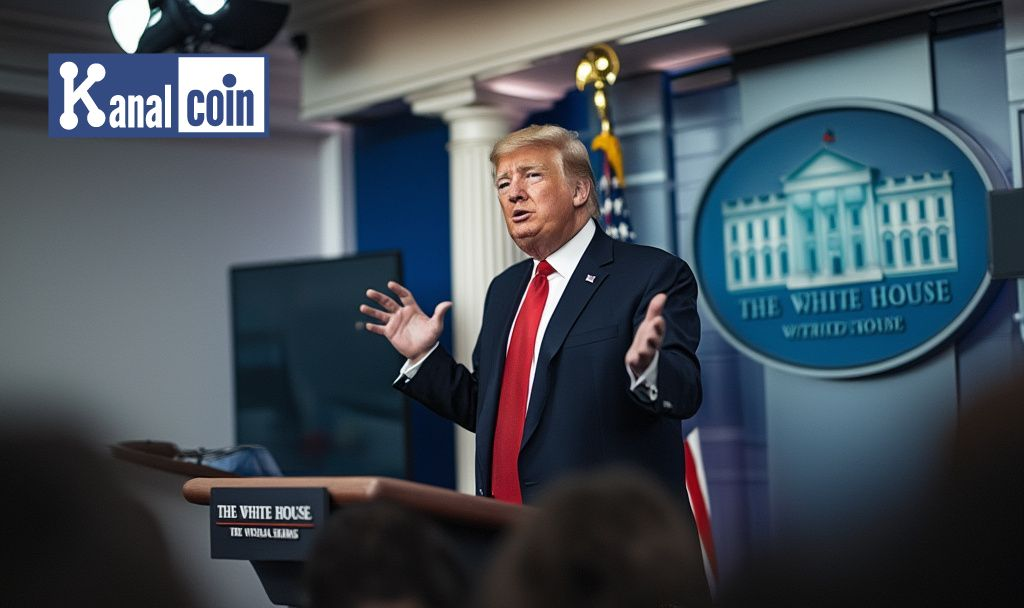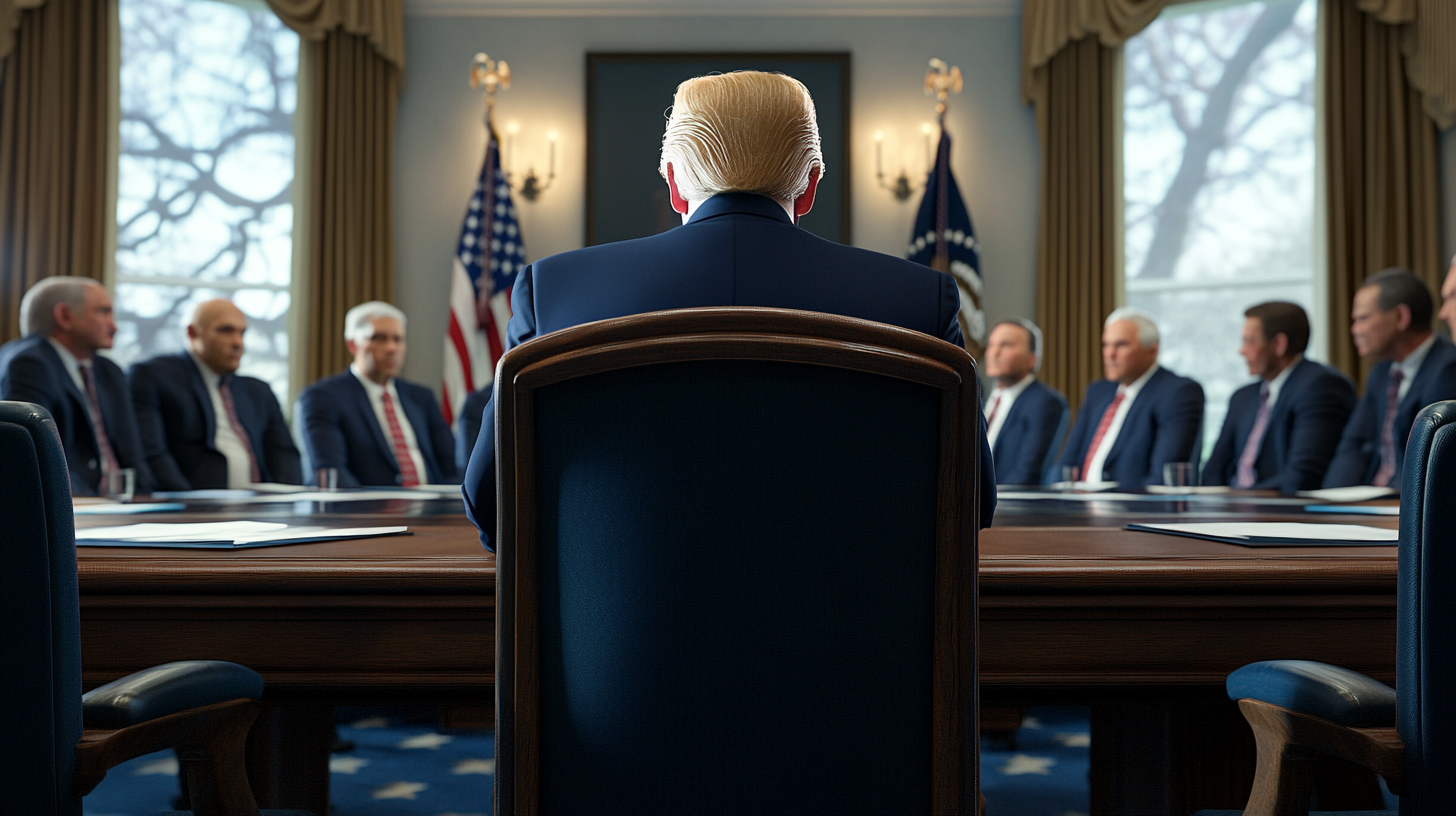
President Trump announced new tariffs on imported goods, specifically targeting China’s economy, during a White House briefing on Wednesday.
The new tariffs are sparking debates among economists about the potential for a global commodities super-cycle, leading to diversified impacts on world markets.
U.S.-China Trade Tensions Escalate
The tariffs aim to pressure China into trade negotiations. They follow a series of tariffs placed since Trump’s presidency began, with each step raising tensions.
China, as a key player, is expected to retaliate. These tariffs are a strategic move by the U.S., affecting industries like technology and agriculture. “Tariffs are necessary to restore fair trade and protect American sovereignty,” emphasized Donald Trump, Former U.S. President. [source]
Commodity Markets Face Uncertain Future
Market observers are divided on whether tariffs will boost commodity prices. Some predict a prolonged rise in raw materials costs, while others foresee only a short-lived effect.
The potential financial repercussions include inflation and pressure on emerging markets. Historical trends show tariffs often disrupt global supply chains, increasing volatility in commodity markets.
Tariffs’ Ripple Effects Through History
Tariffs have historically led to increased costs, influencing global economic growth. The 1970s saw a similar pattern with the oil embargo impacting resource supply.
Kanalcoin analysts suggest that while a super-cycle could be possible, current economic conditions might prevent a surge. They recommend monitoring trade negotiations closely.









